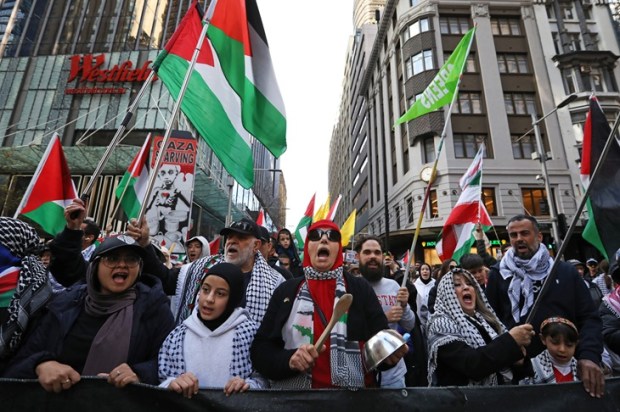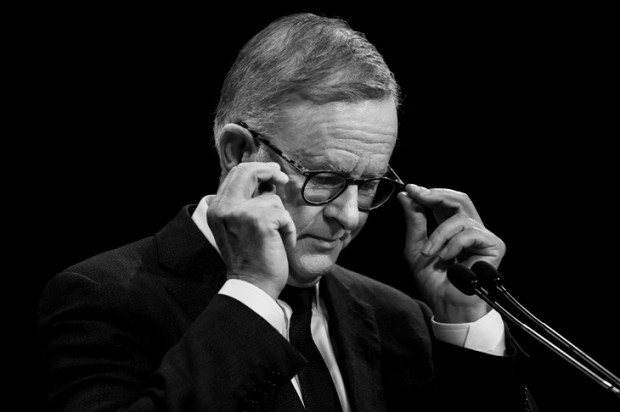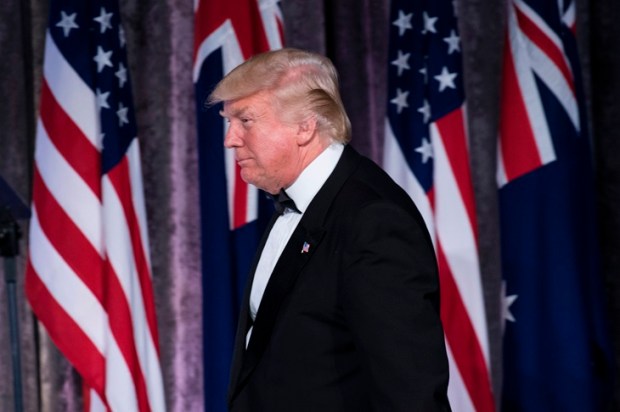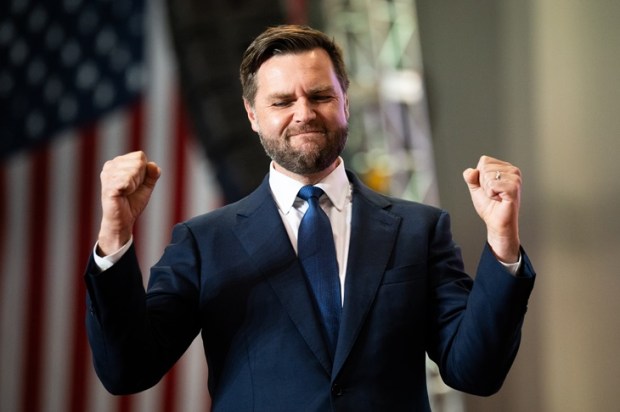From Taipei: One of the first things that struck me about Taiwan is that I felt like I was in Cairns. The monsoon rain, the dark skies… You are wet, but you are also hot and sweating and you just have to settle into it. It’s a good thing the local drop is good and cheap, as any Aussie who as lived in Australia’s north would appreciate.
After travelling from Shanghai to Seoul to Taipei in succession, it took a few days to work out which apps I could use to navigate and pay for food, and which language I should use for the normal courtesies. Restrictions in each country require one to be flexible. It was certainly a journey along a spectrum from the highly regulated to the less regulated society.
While the two Koreas seem to be further away than ever from ‘reunification’, the threat to Taiwan is the opposite: reunification itself.
Taiwan is an interesting place. It was previously known as Formosa, from the Portuguese for ‘beautiful island’. It is a cultural melting pot with all the hallmarks of this part of Asia. Once ruled by Qing Dynasty China, parts of it were colonised by the Portuguese and then the Dutch, until the locals declared independence for a few short months before the Japanese arrived.
Japan won Taiwan from the Qing Dynasty in 1895 following the First Sino-Japanese War. This war also ended the Qing Dynasty’s rule over Korea, a tributary state, and ultimately ended China’s dominance in the region. Japan’s successful modernisation project during the Meiji Restoration enabled Japan to go on to defeat Russia in the Russo-Japanese War of 1904-5 and establish its dominance in Manchuria and Korea in the 1930s.
The Republic of China (ROC) was established after the Xinhai Revolution brought about the end of the Qing Dynasty and imperial China in 1912. The peace was short-lived, and the Chinese Civil War between the Nationalists (the Republic of China) and the Communists (later the People’s Republic of China) began in 1927. However, the two forces joined together in 1936 to resist Japanese invasion.
China’s war with Japan, known as the Second Sino-Japanese War, commenced in 1937 and continued until 1945 when Japan surrendered. The Americans, under the Lend Lease act, and the Commonwealth of Nations, provided significant aid to China to assist in its war with the Japanese. The Soviet Union, after the Sino-Soviet Non-Aggression Pact of 1937, also provided aid to the Republic of China. In the meantime, the Chinese Civil War continued.
This is where it gets a little tricky for those not familiar with China’s history.
From 1912, the ROC was recognised as the official government of China and was a founding member of the United Nations and one of the five permanent members of the UN Security Council.
When Japan surrendered, the ROC took control of Taiwan. But the Chinese Civil War resulted in the Communists taking control of the Chinese mainland, forcing the ROC to flee in exile to Taiwan in 1949.
The People’s Republic of China (PRC), established by the Communists in 1949, was not recognised as the official government of China at that time. It was not until 1971 that the UN General Assembly voted to change China’s representative government from the ROC to the PRC. Following Nixon, Gough Whitlam established Australia’s first diplomatic relations with a communist country, the PRC, in 1972 and visited China the following year.
Subsequently, Australia severed diplomatic ties with Taiwan, although the government maintains an Australian Office in Taipei.
Despite being in exile, the ROC’s ongoing plan was to retake the Chinese mainland from the PRC. But over time, and with no support offered from its allies or its people, the ROC focused on a process of peaceful modernisation that has resulted in Taiwan being the 14th richest country in the world and the 7th richest country in Asia by gross domestic product per capita (when adjusted for purchasing power).
The result is a diverse society that I can only describe as complacent. I don’t mean this in a bad way, but in the same way that Australians are complacent.
Taiwan has neither the regulated feeling that is palpable in China, nor the patriotic fervour of Korea. It is somewhat ‘relaxed and comfortable’.
I am not sure whether the relaxed feeling results from the natural defence and isolation provided by being an island, like Australia. But what I do know is that Australia shares much with Taiwan that deserves more attention.
While Korea has seemingly endless protests, as if attempting to demonstrate its democratic credentials, the Taiwanese people just get on with the business of living. This is despite the Chinese military encircling Taiwan recently and conducting military drills as ‘punishment for separatist acts’.
This was a result of the recent election of Taiwan’s new president, Lai Ching-te, who ‘vowed to defend democracy and freedom in the face of “external challenges and threats”’. The PRC claims Taiwan as its own territory, despite never having actually ruled it.
Yet Lai Ching-te romped it in at the recent election against two other candidates who had campaigned closer ties with China. The Taiwanese people prefer independence, it seems, and this has some level of assurance from its Mutual Defense Treaty with the United States. At least for now, because the PRC has a goal to reunify Taiwan with the mainland by 2049.
Australia’s close security ties with the US complicates our formal diplomatic relationship with the PRC and our informal relationship with Taiwan. Yet despite the ongoing rhetoric of ‘disagreeing where we must’, the Australian government appears to be paying lip service in its support for the internally robust yet externally vulnerable democracies of Taiwan, Korea, and Israel.
When asked to define what constitutes Australia’s national interest, Foreign Minister Penny Wong said recently:
‘There are many areas where we would articulate in the narrow – in the specific – what Australia’s interests are. But I think that the highest level is about: What is it that we have to do in order to best assure and safeguard Australia’s security and prosperity? That’s what we should always be doing.’
For all the banter about protecting Australia’s national interests, surely standing up for other democracies is key… But my experience of Taiwan is that ‘she’ll be right’ is an attitude that does not bode well for the security of either country’s future.


























